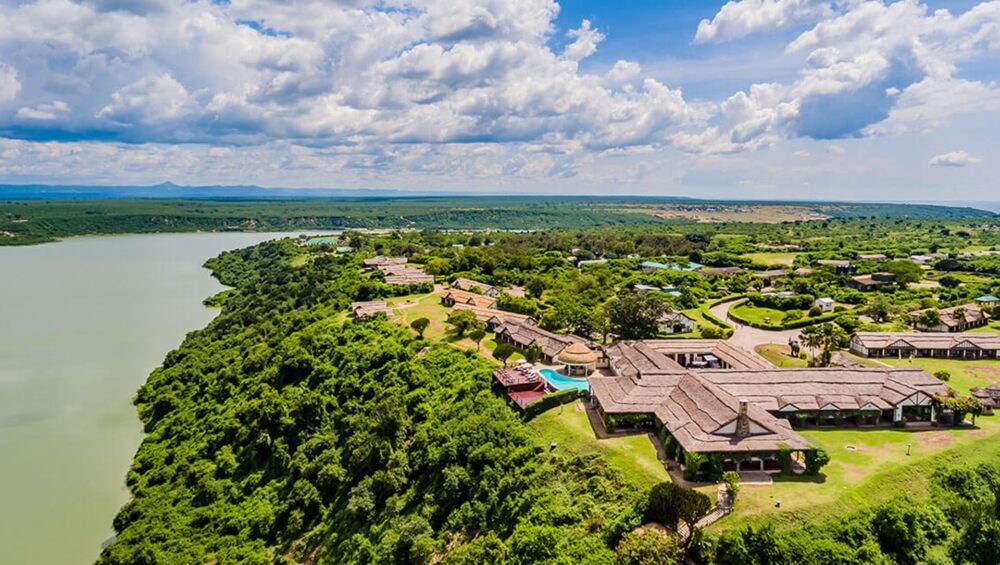Uganda’s tourism industry is once again flourishing, driven by its unparalleled natural beauty, diverse ecosystems, and vibrant cultural heritage. From the misty peaks of the Rwenzori Mountains to the lush wetlands of Queen Elizabeth National Park, the country offers an unmatched blend of adventure, discovery, and community-centered travel.
At the heart of Uganda’s appeal is its remarkable biodiversity. Often called the “Pearl of Africa,” Uganda is home to a variety of ecosystems—rainforests, savannahs, wetlands, and mountain ranges—that support a rich abundance of wildlife. The country hosts over 1,000 bird species and iconic animals such as lions, elephants, and chimpanzees. Yet, its greatest treasure remains the endangered mountain gorilla, found in Bwindi Impenetrable National Park and Mgahinga Gorilla National Park, making gorilla trekking one of the nation’s top tourism draws.
Beyond wildlife, Uganda offers a deep cultural experience. From traditional dances and music to heritage sites that tell the story of its kingdoms and communities, cultural tourism continues to complement nature-based adventures. Destinations like Kasubi Tombs and vibrant local festivals give visitors a glimpse into Uganda’s rich cultural tapestry.
Adventure seekers also find plenty to explore, with activities ranging from mountain climbing on Mount Elgon, hiking in Kibale Forest, and bird watching in wetlands, to thrilling boat rides at the thunderous Murchison Falls. Such varied geographical features make Uganda a prime destination for eco-tourism and outdoor experiences.
Increasingly, sustainability lies at the core of Uganda’s tourism growth. Eco-lodges within national parks harness solar energy, use locally sourced materials, and employ community members to promote environmentally friendly practices while stimulating rural economies. Community tourism initiatives also ensure that local people benefit directly from visitors, strengthening livelihoods and cultural preservation.
The sector is also showing strong recovery from the global downturn in travel caused by the pandemic. International arrivals are steadily rising, with tourists spending more on wildlife safaris, cultural tours, and eco-friendly experiences. According to tourism stakeholders, this recovery is not only boosting revenue but also providing critical support for conservation, healthcare, and education in surrounding communities.
As Uganda continues to position itself on the global stage, its tourism environment stands out for its balance of biodiversity, cultural richness, and sustainable growth. With continued investment in eco-tourism and community engagement, the country remains one of Africa’s most compelling destinations for travelers seeking both adventure and meaningful connections




